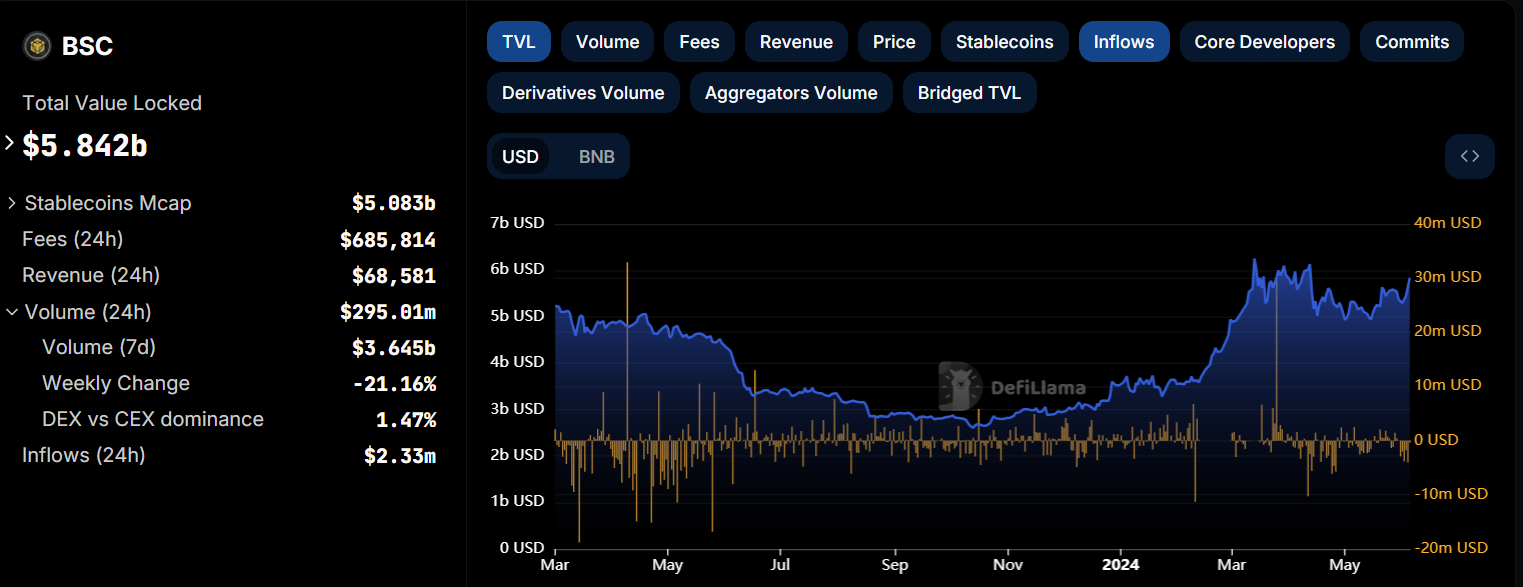The Federal Reserve Board has officially ended its enforcement action against Silvergate Bank and its parent company, Silvergate Capital Corporation. This decision comes after Silvergate completed its liquidation and wind-down plan.
The enforcement action, in place since May 2023, was to make sure that Silvergate would close down in a way that protected depositors. Silvergate has since repaid all deposits and no longer operates as a bank.
Silvergate had become important for cryptocurrency companies, offering services to facilitate money transfers between crypto firms and other institutions.
The downfall of Silvergate
The troubles for Silvergate began with the bearish run that began in late 2021. The crypto market peaked at around $3 trillion in November 2021 but lost over two-thirds of its value by December 2022.
This massive decline put a lot of pressure on businesses related to cryptocurrency, including Silvergate. Things got much worse after the collapse of FTX in November 2022.
The collapse led to a massive withdrawal of deposits from Silvergate. In the fourth quarter of 2022, Silvergate saw its deposits fall by more than half.
To cope with this, the bank had to sell long-term bonds at a loss. In January 2023, Silvergate reported a $1 billion loss for the fourth quarter of 2022.
As Silvergate’s situation deteriorated, it faced increased scrutiny from regulators and lawmakers. The bank delayed its annual 10-K filing with the SEC on March 1, 2023, warning that it might not be able to continue as a going concern.
This announcement caused major clients like Coinbase, Crypto.com, and Paxos to pull their deposits. At the time of its 2022 third-quarter report, more than 90% of Silvergate’s total deposits were from crypto clients.
Another issue was the asset-liability mismatch. Silvergate had invested a large portion of its deposits in long-term securities, particularly U.S. Treasury bonds.
When crypto companies started withdrawing their deposits en masse, the bank had to sell these assets at a loss to meet liquidity demands.
The Federal Reserve’s aggressive interest rate hikes in 2022 also played a role. These hikes reduced the value of Silvergate’s long-term bond holdings and increased the cost of funding.





